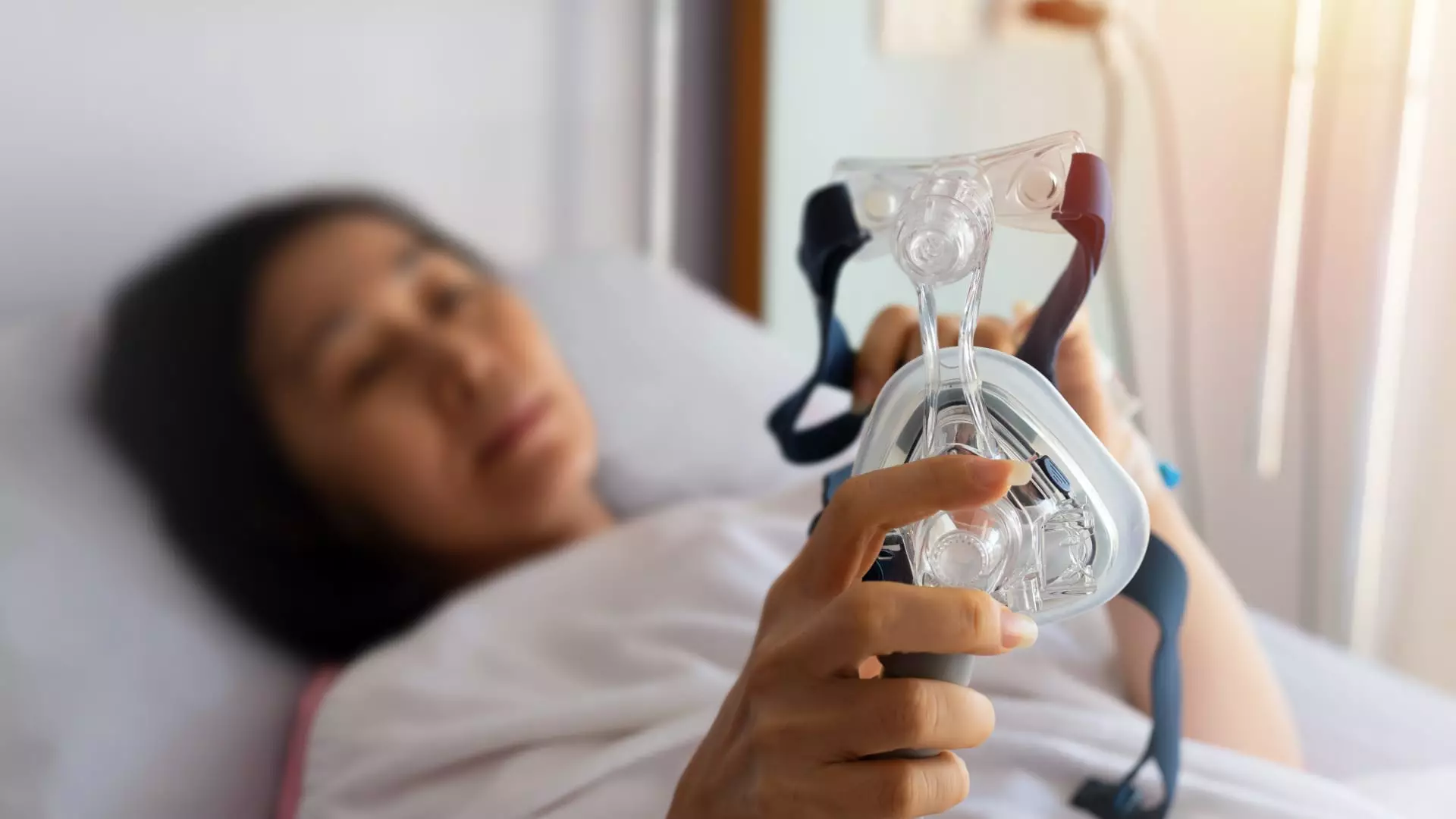The use of GLP-1 medications such as Ozempic has been highly promoted as a means of achieving significant weight loss. However, the reality is that many individuals who take these medications may still remain obese or overweight despite experiencing some weight loss. While losing weight can be a life-changing experience for some patients, it is crucial to recognize that the results may not always align with the expectations set by these medications. In clinical trials, it has been reported that Novo Nordisk’s Wegovy helped patients lose approximately 10% to 15% of their body weight, while Eli Lilly’s Zepbound resulted in weight loss ranging from 16% to 23%.
For severely obese individuals, the journey towards achieving a healthier weight can be a complex and challenging one. Even with the assistance of anti-obesity medications like Wegovy and Zepbound, it is possible for patients to still have a significant amount of weight to lose. Additionally, conditions such as obstructive sleep apnea, which often accompany obesity, can persist despite weight loss efforts. This raises questions about the long-term effectiveness of GLP-1 medications in addressing the underlying health issues associated with obesity.
Medical device companies have recognized the limitations of GLP-1 medications in producing substantial weight loss outcomes. As a result, there is a growing interest in how these medications may impact the market for bariatric surgery and sleep apnea treatment. While some patients may benefit from the use of anti-obesity medications to qualify for surgical interventions or alternative treatment options, the overall impact on these markets remains uncertain. Analysts are closely monitoring trends in bariatric surgery to assess the potential influence of GLP-1 medications on patient outcomes.
Inspire Medical Systems, a company that produces implantable devices for treating obstructive sleep apnea, has faced mounting pressure due to the emergence of new anti-obesity medications. The fear that these medications may reduce the market opportunities for Inspire’s devices has contributed to a decline in the company’s stock value. Despite efforts to address sleep apnea in conjunction with weight loss achieved through medications like Zepbound, uncertainties remain regarding the long-term efficacy of these treatment strategies.
While there is optimism surrounding the potential benefits of combining GLP-1 medications with devices such as those offered by Inspire Medical Systems, challenges persist in ensuring that patients receive comprehensive and effective treatment for obesity and sleep apnea. The evolving landscape of anti-obesity medications and their impact on existing treatment modalities underscores the need for a nuanced approach to addressing the complex interplay between weight loss, health outcomes, and patient well-being. As the healthcare industry navigates these challenges, it is essential to prioritize patient-centered care and evidence-based practices to improve the overall quality of care for individuals affected by obesity and related health conditions.

